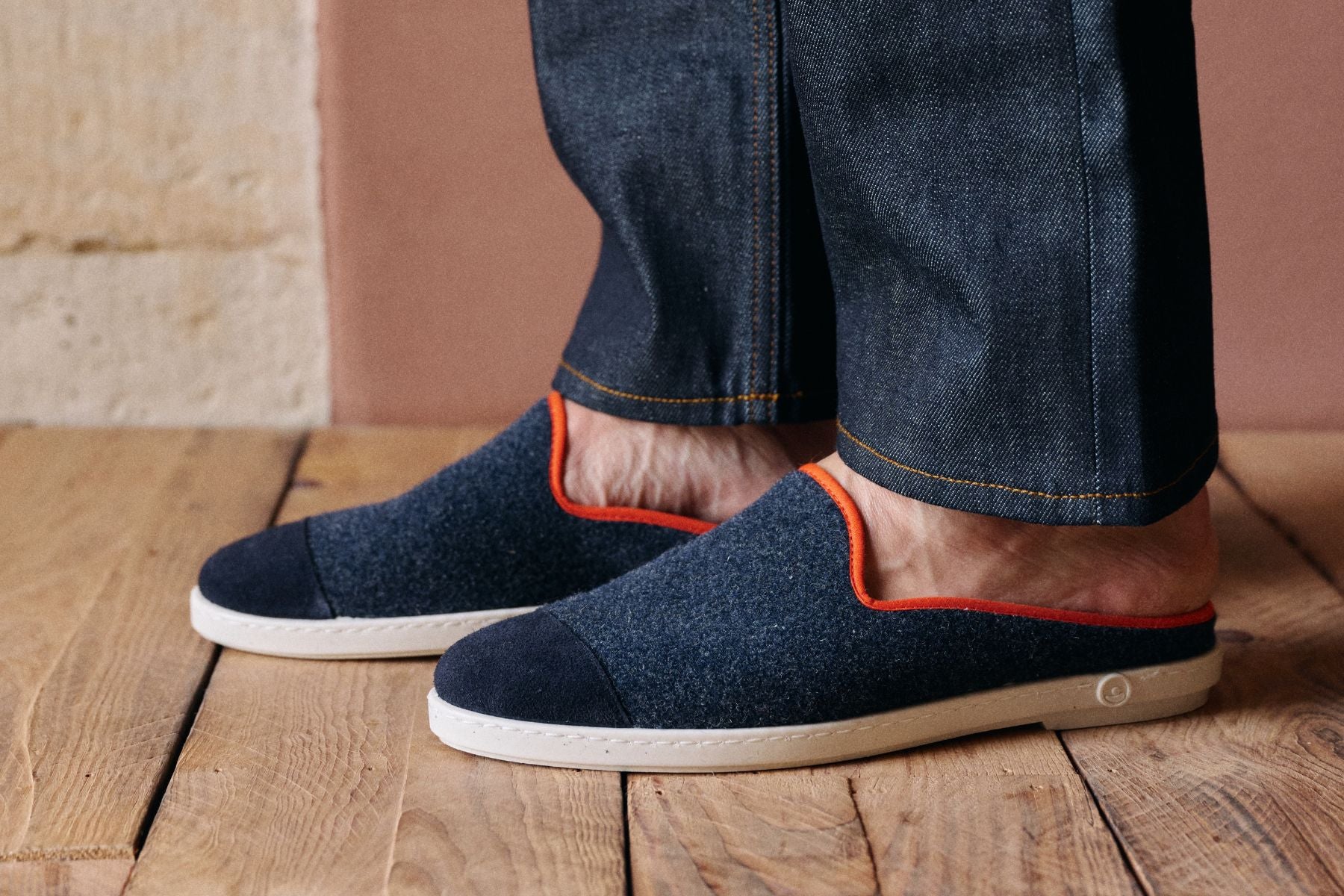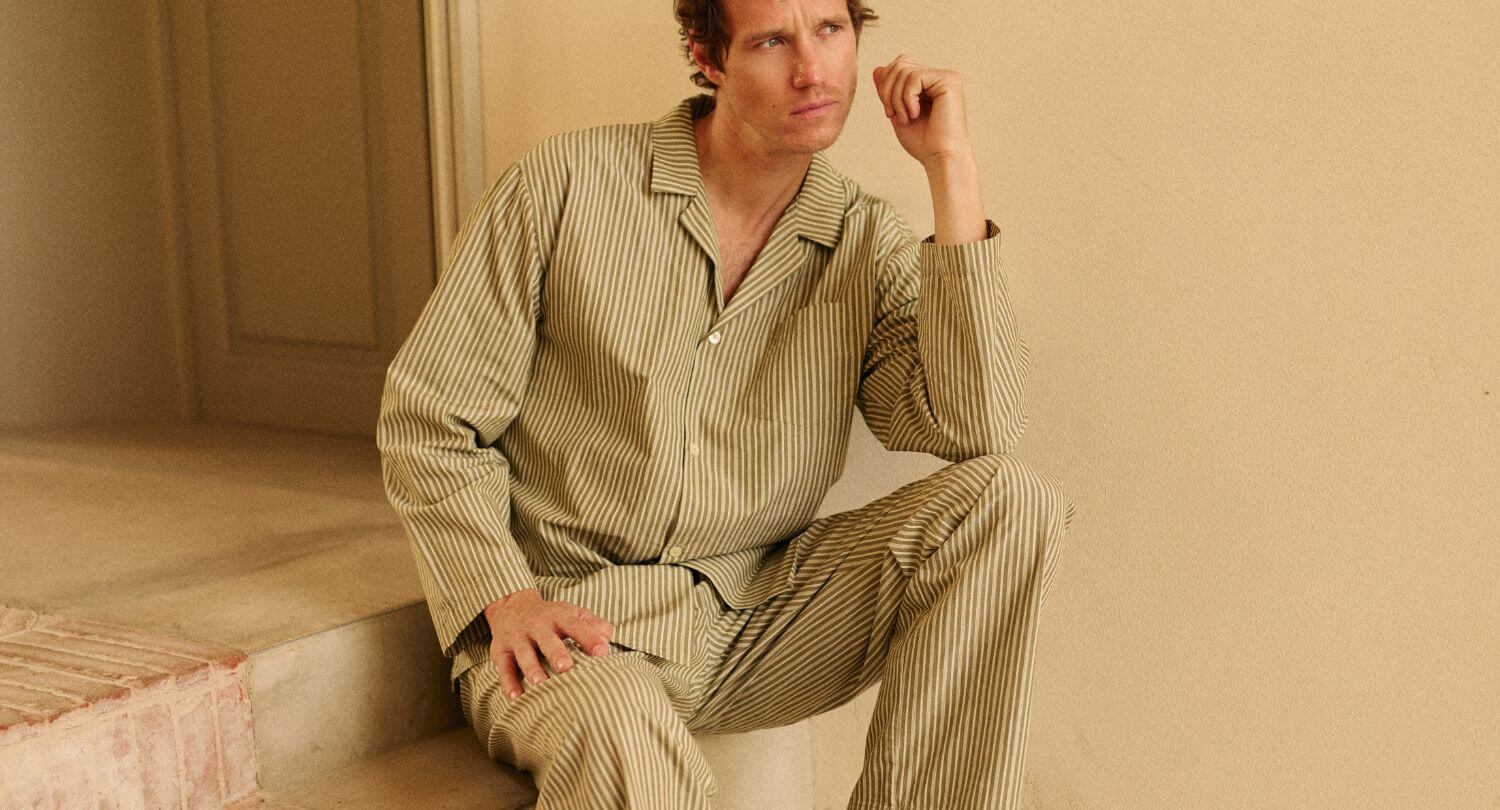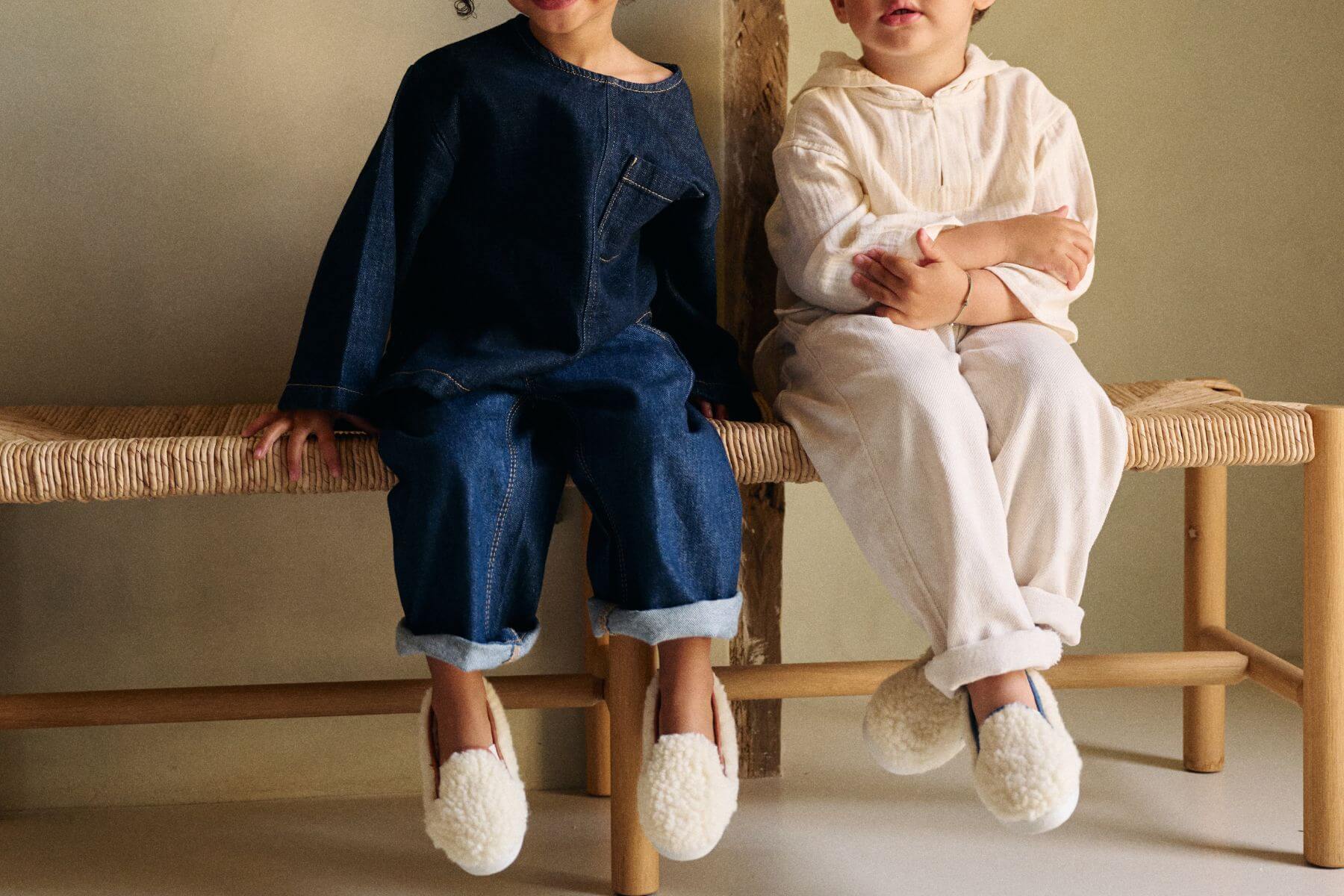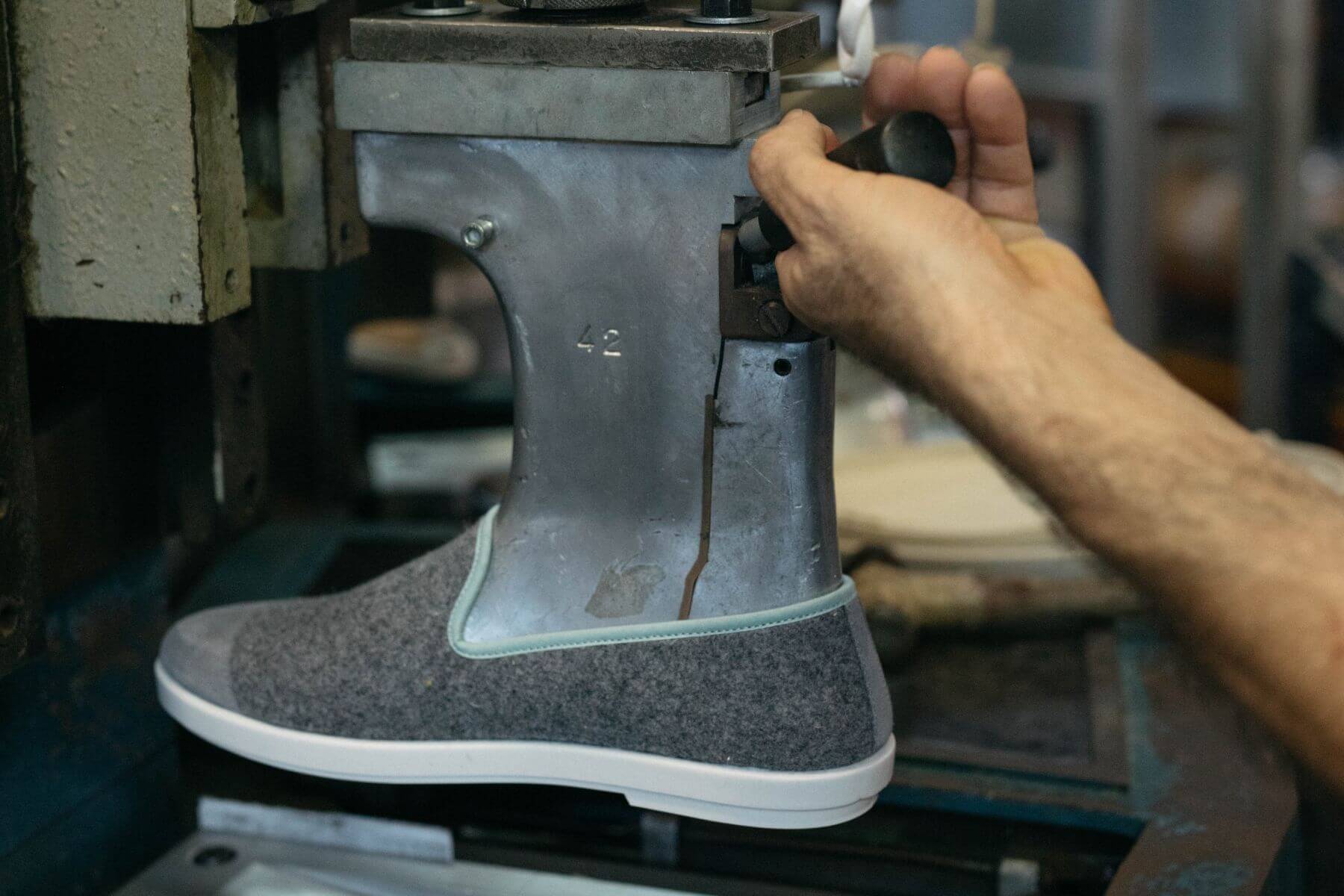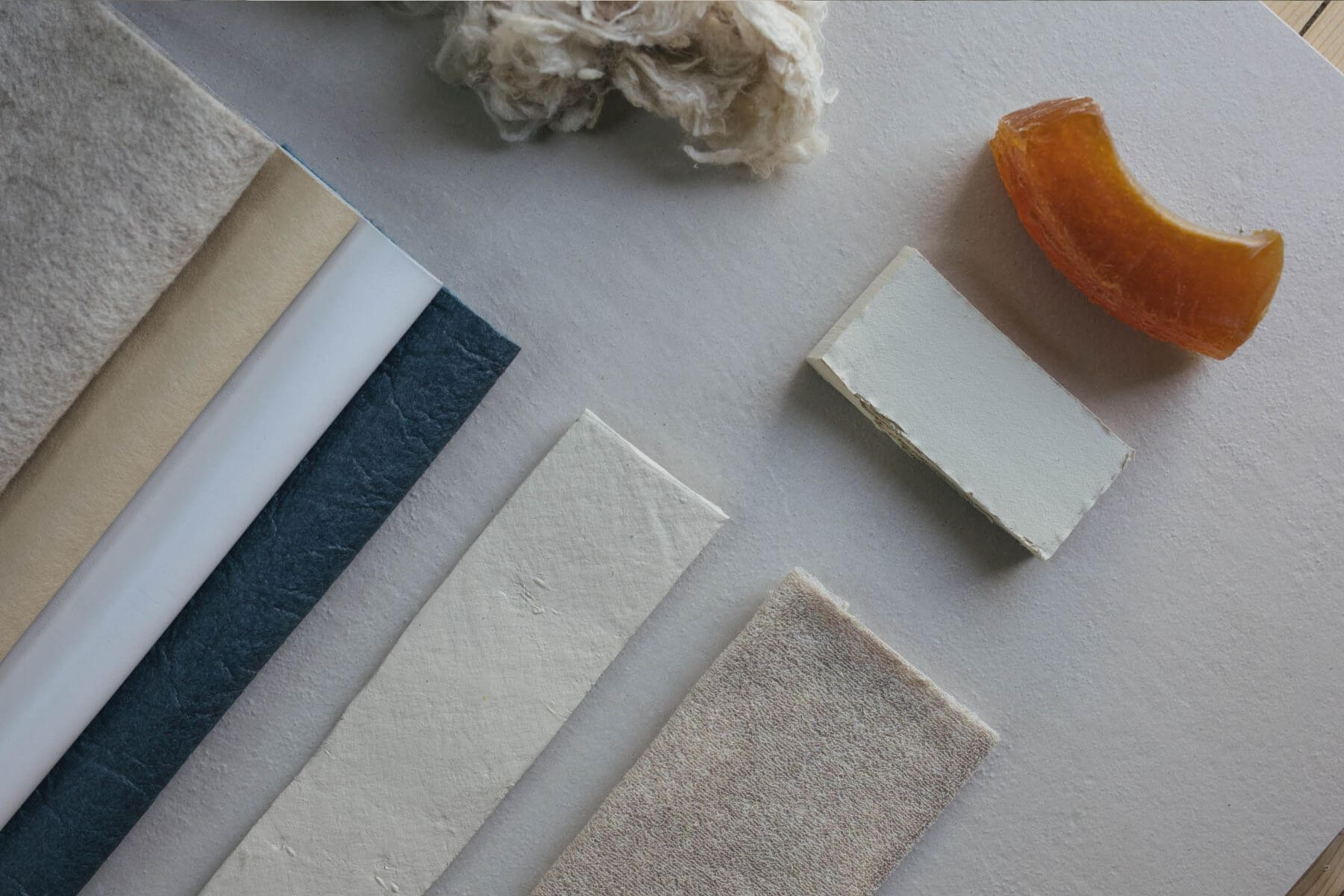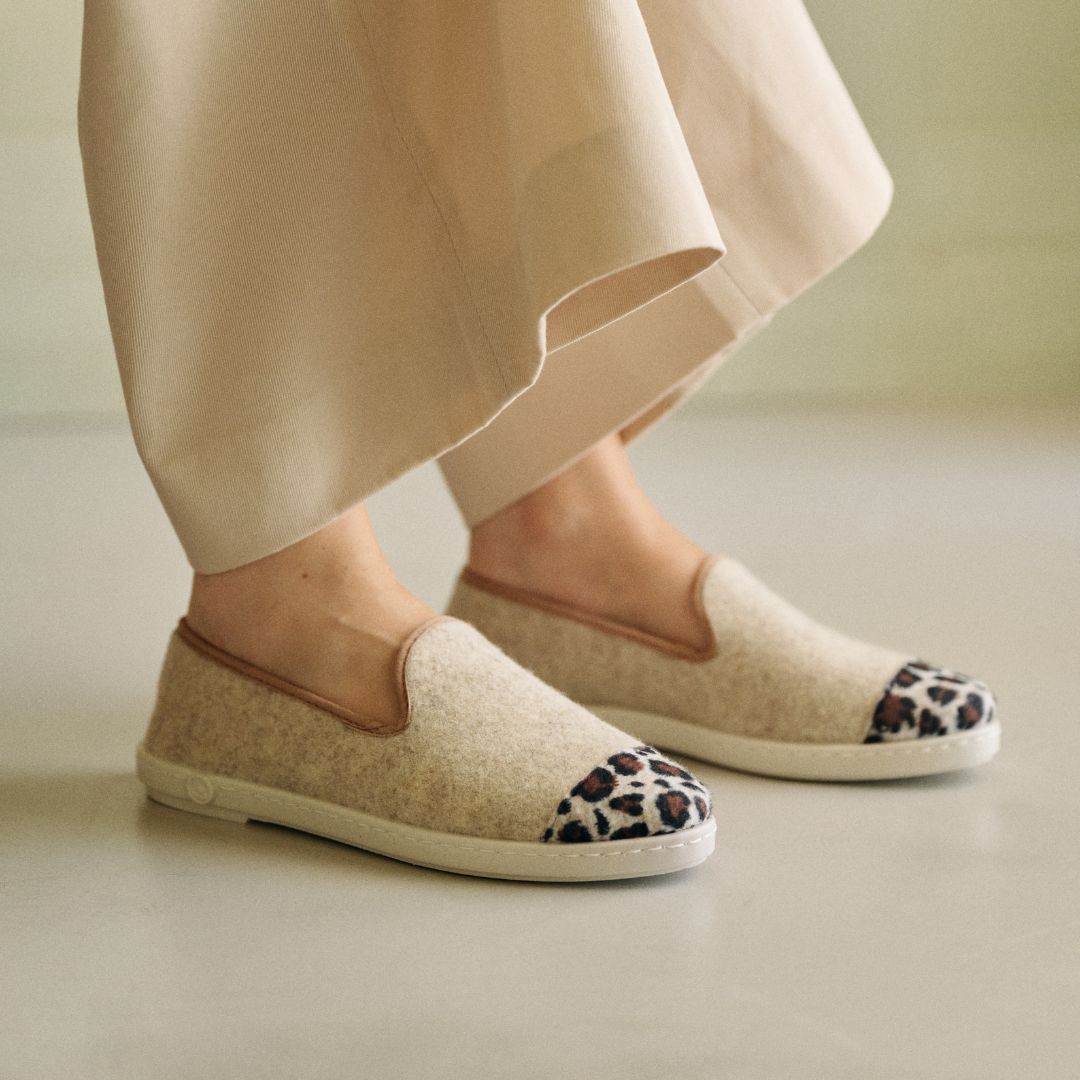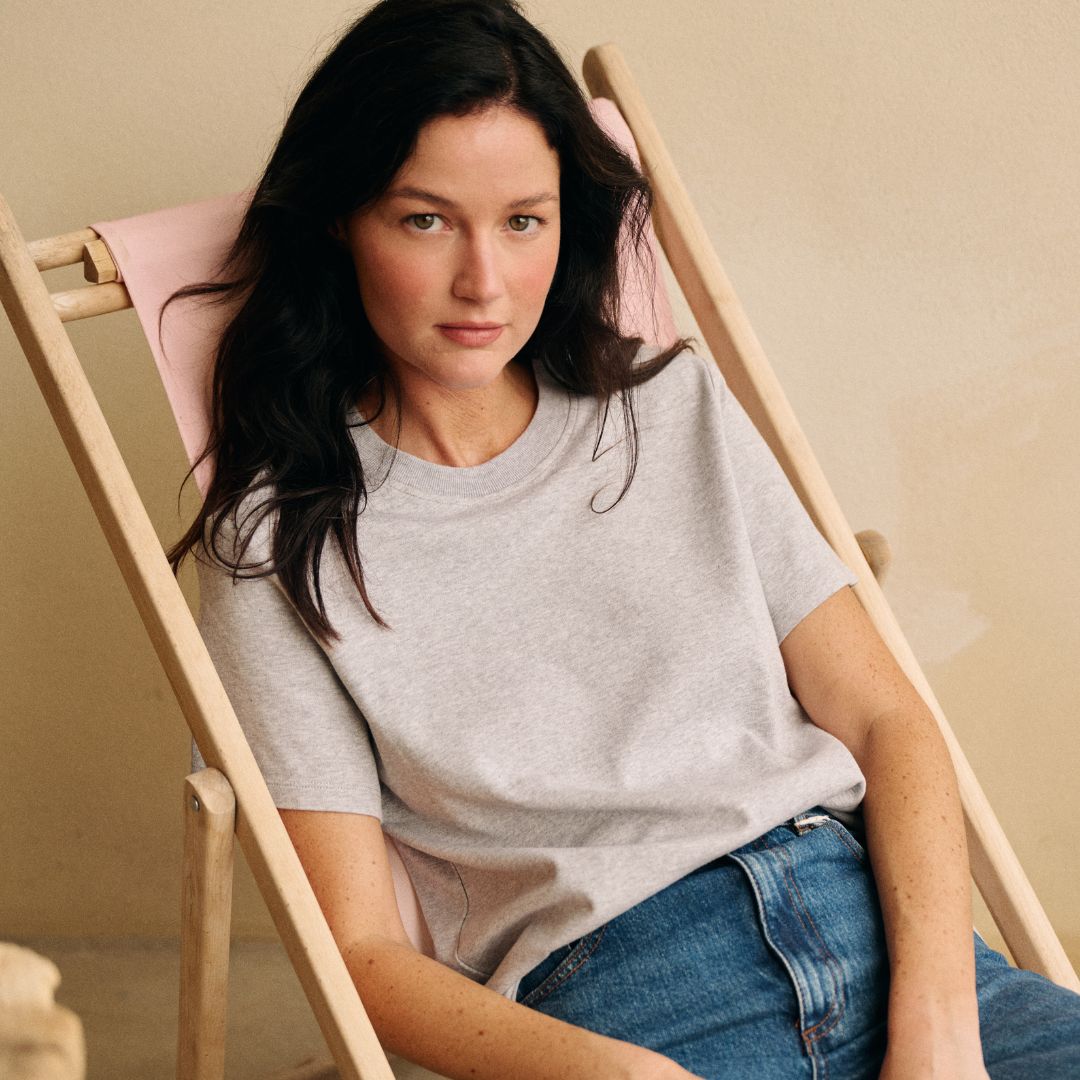What causes sweating?
First of all, it is important to understand that sweating is a natural phenomenon that helps regulate our body temperature. It is produced by glands present in the skin and is triggered when we are exposed to heat, during physical exercise which raises our body temperature, or even in a stressful situation. In these cases, the glands in the skin are stimulated and the body then begins to produce sweat. When sweat evaporates from the skin, heat is released and our body temperature decreases.
Which slippers to choose to avoid sweating is a question that comes up frequently!
Opt for a breathable and airy material:
When you wear slippers made from breathable materials like cotton or linen, air can circulate easily within the shoe, making it easier for sweat to evaporate. This type of material is light and soft, in addition to being perfect for hot summer weather or when our body is subjected to physical activities.
By opting for breathable and airy materials, you can improve your comfort and help you feel more comfortable.
Opt for an absorbent material:
Choosing an absorbent material for your slippers to combat perspiration is wise. In fact, these materials absorb the moisture produced in the shoe. Bamboo is found to be one of the best materials to combat perspiration. Be sure to choose slippers that fit well to maximize the benefits of the absorbent material.
What is a thermoregulatory material?
A material that helps regulate body temperature is called a thermoregulatory material. These materials can be either natural or synthetic and are capable of absorbing perspiration and drawing it away from the skin, thus keeping our feet dry. Temperature-regulating materials, such as wool, are often used in sportswear and bedding products.

What natural materials should you choose to avoid perspiration?
- Contrary to popular belief, wool is the best material to completely remedy perspiration. It is thermoregulatory, absorbent, dries relatively quickly and can neutralize bad odors. It is important to know that the finer the wool fiber, the more comfort it offers through its lightness and softness.
- Merino wool is considered the finest wool: its fibers measure between 11 and 24 microns. This is luxurious, very fine, soft and fluid; it is ideal in summer, because it protects from the sun by allowing little rays to pass through its mesh.
- Cotton is the most common plant material in the textile industry! This material is hypoallergenic, comfortable and very breathable. It allows good ventilation of the skin and promotes the evaporation of perspiration. In fact, air easily passes through its fibers, thus refreshing damp skin. With cotton slippers, you can have fresh feet all day long without any foul odor. However, cotton takes time to dry.
- Tencel is a solution against perspiration. Also known as lyocell, it is a natural fiber produced from wood. Tencel is also environmentally friendly, as it requires less water than growing cotton, and also has absorbent and breathable properties.
- Linen is the most ecological material and has properties similar to those of cotton: absorption, thermoregulation, absence of odor... Linen is considered the preferred material in summer and has the advantage of drying very quickly unlike to cotton.
- Hemp is a sustainable natural fiber that has antibacterial and anti-odor properties. Hemp is known for its breathability and ability to wick away moisture, which helps keep skin dry and odor-free.
- Silk is a natural, luxurious and soft material. However, it tends to retain heat and is therefore not recommended as a material to wear to avoid sweating. The only benefit of silk against sweat is that it has breathable properties.
- Synthetic materials like nylon or polyester should be avoided, especially in summer! These fabrics retain heat without allowing air to circulate. On the contrary, they promote perspiration. In addition, synthetic materials dry very quickly but do not treat odors and are very polluting. Their manufacturing is in fact one of the factors in the increase in greenhouse gas emissions, and they are made from chemicals which, once thrown away, pollute the soil and oceans.
How to limit and reduce bad odors?
There are many solutions to eliminate bad odors:
- You can use deodorizing sprays that eliminate odors in your slippers. At Angarde, our deodorizer neutralizes bad odors caused by foot sweat. All you have to do is spray it into your slippers after using them.
- Essential oils are also effective because they have antibacterial and deodorizing properties. You can add a few drops of essential oil of your choice to the slippers, such as lavender or lemon.
- The maintenance of slippers also plays a role in perspiration of the feet and the appearance of bad odors. Placing crumpled newspaper inside slippers at night, dry cleaning with baking soda, or shaking your pair regularly can remedy the discomfort of sweating. For detailed tips on cleaning wool slippers, see our article "How to wash wool slippers?"

What colors should you avoid so as not to sweat?
Certain clothing colors can sometimes encourage sweat production.
First of all, sweat stains are more visible to the naked eye on light colors such as white, beige or pale pink. Indeed, when the fabric begins to absorb sweat, the slightly damp areas stand out, revealing stains.
Dark colors like black and navy are not the best colors to wear in summer. Unlike light colors, they hide sweat stains more, but absorb more heat from the sun, which can lead to an increase in body temperature and therefore increase sweating.

What shoe material to choose so as not to sweat?
When wearing slippers, it is recommended to opt for those made of breathable and absorbent materials such as cotton, wool, leather, linen... At Angarde, our wool slipper slippers are made in Spain and composed of :
- Upper (upper part) in recycled wool
- Front and back panels in premium suede leather
- Interior lining in recycled cotton terry

For espadrilles, to limit perspiration, opt for canvas models which also absorb moisture. At Angarde, our women's or men's espadrilles are made up of an upper (upper part) made of recycled cotton or linen, and a bamboo lining which keeps your feet fresh, dry and comfortable.
The type of insoles used will have an impact on your level of perspiration in your shoes: certain materials can promote ventilation, moisture absorption and help prevent bad odors:
- Wool soles provide a high level of comfort thanks to their softness and plush texture. Wool is a naturally insulating material that retains heat while being breathable. These insoles allow air to circulate, wick away moisture and help keep your feet dry in the winter.
- Slippers with soles made of natural fibers like bamboo are not only comfortable slippers for our feet, they also have anti-perspirant properties.
- Leather or cork soles are light and breathable, ideal for summer!
At Angarde, our slippers have a removable wool insole that provides softness and warmth to your feet.

Wear socks to limit sweating:
Wearing socks can be a solution to excessive sweating. Made of cotton or bamboo, socks act as a protective barrier between the skin and shoes. Make sure that the percentage of synthetic fibers in your socks is not too high as this could cause your feet to sweat more.
At Angarde, we have developed invisible bamboo fiber socks that you can use in our espadrilles for men or women as well as in our slippers: no one will see them and you will keep your feet dry!
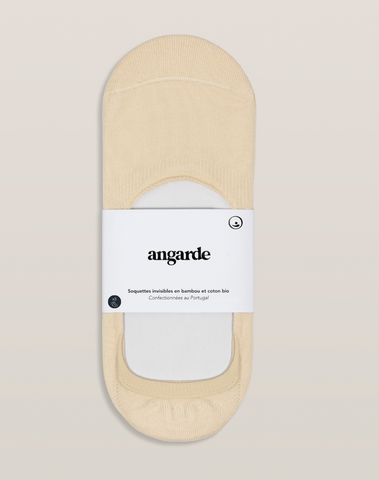
You can also read our article “ how to clean your espadrilles ” to avoid accumulating bad odors in your shoes.
Other tips and tricks for not sweating
It seems obvious, but maintaining good personal hygiene remains essential to avoid sweating too much. You must therefore take regular showers and use a good soap to eliminate bad odors accumulated during the day.
Stress and anxiety are factors that contribute to excessive sweating. To remedy this, you can practice stress management techniques, such as meditation, deep breathing or yoga.
Hydrate properly! Drinking enough water throughout the day can help your body better regulate its temperature.
Sweating is inevitable, however, it can be limited with tips and by wearing the right materials that do not encourage its production!













